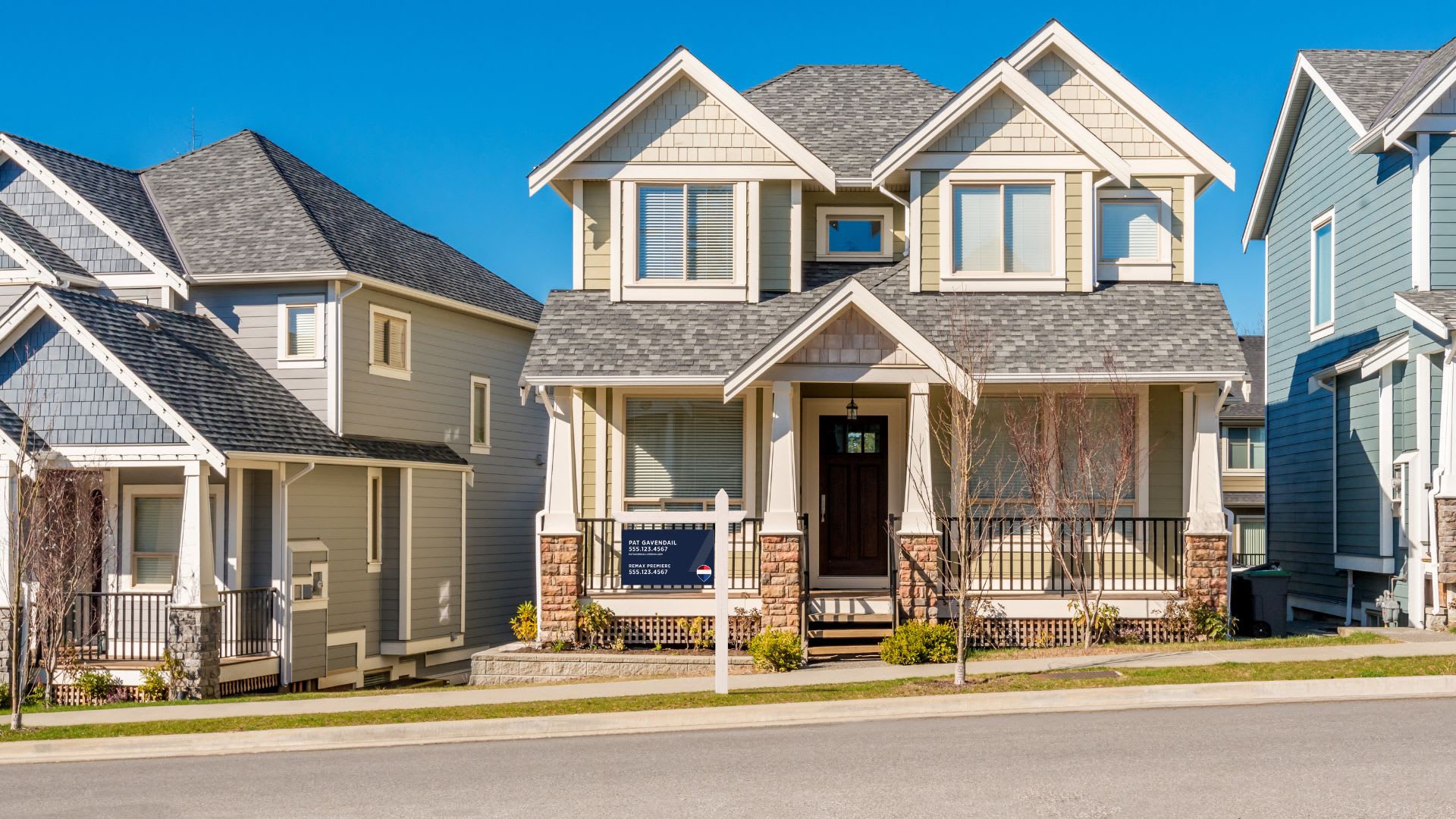For most Canadians, saving for a down payment is the biggest hurdle to homeownership. Your down payment is the initial lump sum you pay when purchasing property, amounting to at least 5 percent of the purchase price. This can be a substantial amount, depending on the price of the houses you want to look at. The good news? You have more home down payment options in Canada than you might realize.
What are the Minimum Down Payment Requirements in Canada?
In Canada, how much you need for a down payment directly ties to your home’s purchase price:
- For homes under $500,000, you need a minimum down payment of 5 percent of the purchase price.
- When purchasing a property between $500,000 and $999,999, you’ll need 5 percent of the first $500,000 ($25,000) plus 10 percent of any amount above $500,000.
- For properties priced at $1 million or more, you need a minimum 20 percent down payment.
These are the absolute minimums required by law. It is generally recommended to put down more if possible because any down payment less than 20 percent requires you to purchase mortgage insurance, which protects the lender if you default on your mortgage. The smaller your down payment, the higher your insurance premium.
Traditional Savings
Building a down payment through traditional savings remains the most straightforward path to homeownership for many Canadians who are first-time homebuyers. This tried-and-true approach involves systematically setting money aside in savings accounts until you reach your down payment goal.
The primary advantage of using personal savings as your home down payment option is that you avoid taking on additional debt or obligations. Lenders also view down payments from personal savings favourably because they demonstrate financial discipline and responsible money management.
Proceeds from the Sale of Another Property
When you sell your home, the equity you’ve built—the difference between your property’s current value and your remaining mortgage balance—becomes available as cash. This equity often provides a substantial down payment for your next purchase, even allowing you to exceed the 20 percent threshold and avoid mortgage insurance.
If you need to buy before selling, several bridge financing options exist. Bridge loans temporarily cover your new home’s down payment until your existing property sells. These short-term loans typically have higher interest rates than conventional mortgages, but they solve the timing gap between transactions. Most major Canadian banks and many credit unions offer bridge financing to qualified borrowers.
RRSPs
The Registered Retirement Savings Plan (RRSP) Home Buyers’ Plan (HBP) is a government program designed to help Canadians access their retirement savings for home purchases without tax penalties. Under the Home Buyers’ Plan, eligible Canadians can withdraw up to $35,000 from their RRSP accounts ($70,000 for couples) to use toward their down payment.
The key advantage of this down payment option for first-time buyers is that withdrawals under the HBP are tax-free, provided you repay the funds according to the program rules. This contrasts with regular RRSP withdrawals, which are immediately added to your taxable income for the year.
Tax-Free Savings Accounts
Tax-Free Savings Accounts (TFSAs) are a flexible and tax-efficient down payment option in Canada. Unlike other registered accounts, TFSAs allow you to withdraw funds at any time without tax consequences or repayment requirements—making them particularly valuable for home buyers.
Unlike withdrawals from RRSPs under the Home Buyers’ Plan, TFSA withdrawals come with no repayment obligations or deadlines. Once you withdraw funds for your down payment, you’re free to use that money without worrying about future repayment schedules affecting your monthly budget as a new homeowner. Another benefit is that any amount withdrawn from your TFSA creates new contribution room for the following calendar year. This allows you to gradually rebuild your TFSA after purchasing your home.
First-Time Home Savings Accounts
The First Home Savings Account (FHSA), launched in April 2023, is Canada’s newest and potentially most powerful down payment option for first-time homebuyers. The FHSA offers a remarkable trio of tax benefits not available through any other single account type in Canada.
- Contributions are tax-deductible, potentially generating tax refunds that can be reinvested toward your down payment goal.
- Investment growth within the account accumulates completely tax-free.
- Withdrawals for qualifying first home purchases are entirely tax-free.
Most major Canadian financial institutions now offer FHSAs, with investment options ranging from high-interest savings accounts and GICs to mutual funds and exchange-traded funds. For maximum benefit, consider opening an FHSA as early as possible, even if homeownership seems distant. And if you don’t use your FHSA for a home purchase, you can transfer the funds tax-free to your RRSP without affecting your RRSP contribution room.
Gift or Loan
Family financial support has become an increasingly common down payment option in Canada, particularly as housing prices continue to outpace income growth. Lenders generally accept gifted down payments, provided they’re properly documented with a gift letter stating the funds are not a loan and don’t require repayment. The gift letter must include the donor’s name and relationship to you, the exact gift amount, confirmation that no repayment is expected, and signatures from both the donor and recipient.
For those whose families can’t provide outright gifts but still want to help, family loans are another down payment option. These arrangements are more complex from a mortgage qualification standpoint. Any family loan used for your down payment must be disclosed to your lender and will be included in your debt ratios when calculating how much mortgage you qualify for.
Borrowed Down Payment Options
While traditional wisdom suggests saving for a down payment, borrowing funds for this purpose has become a practical reality for many Canadians facing rising housing costs. Personal lines of credit are one of the most accessible borrowed home down payment options. These unsecured credit products typically offer interest rates lower than credit cards but higher than secured loans. Lenders calculate the payments on your line of credit when determining your mortgage qualification, which may reduce your maximum mortgage amount.
For those with substantial equity in another property, Home Equity Lines of Credit (HELOCs) are a better borrowing option. This approach works well for purchase-before-sale situations or for parents helping children with down payments.
Personal loans are another borrowed down payment option, but they have stricter limitations. Many lenders restrict using personal loans for down payments, and those that permit it will include the full payment amount in your debt service ratios, potentially limiting your mortgage approval amount.
Contact your local REMAX agent today to discuss your housing goals and develop a plan that addresses not just your down payment strategy, but every aspect of your home buying experience. With preparation, you’ll receive the keys to your new home before you know it.






